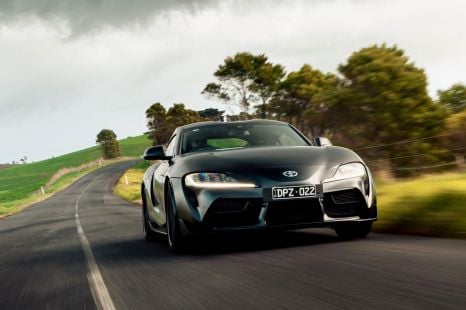

Max Davies
2025 Toyota GR Supra Track Edition review
5 Days Ago
A road user charge for electric vehicles – which would see drivers pay for the distances they travel – is one step closer for Australians.

Contributor
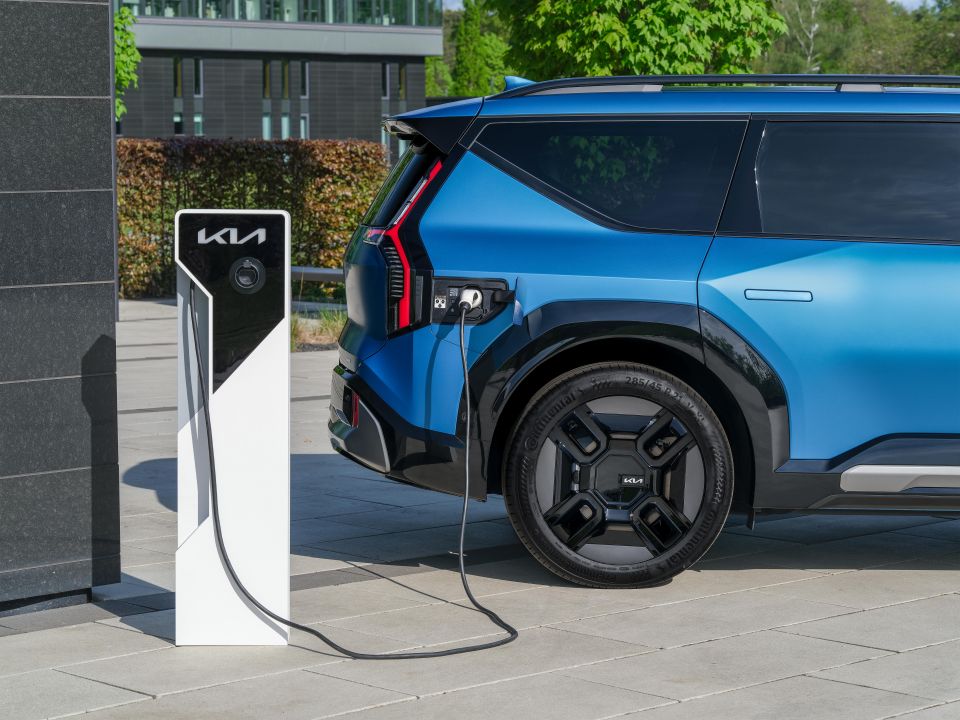

Contributor
The federal government appears poised to introduce an Australia-wide road user charge for electric vehicles (EVs), in a bid to recoup lost funds from the fuel excise.
As reported by the Australian Financial Review, federal treasurer Dr Jim Chalmers raised the proposal of an EV road user charge – which would require the owners of vehicles to pay a fee for kilometres driven – at a Business Council of Australia event last week.
Dr Chalmers most recently spoke about the Australian Government introducing a national EV road user charge at the National Press Club of Australia in August 2023, without providing specific details about how it would be implemented.
Hundreds of new car deals are available through CarExpert right now. Get the experts on your side and score a great deal. Browse now.
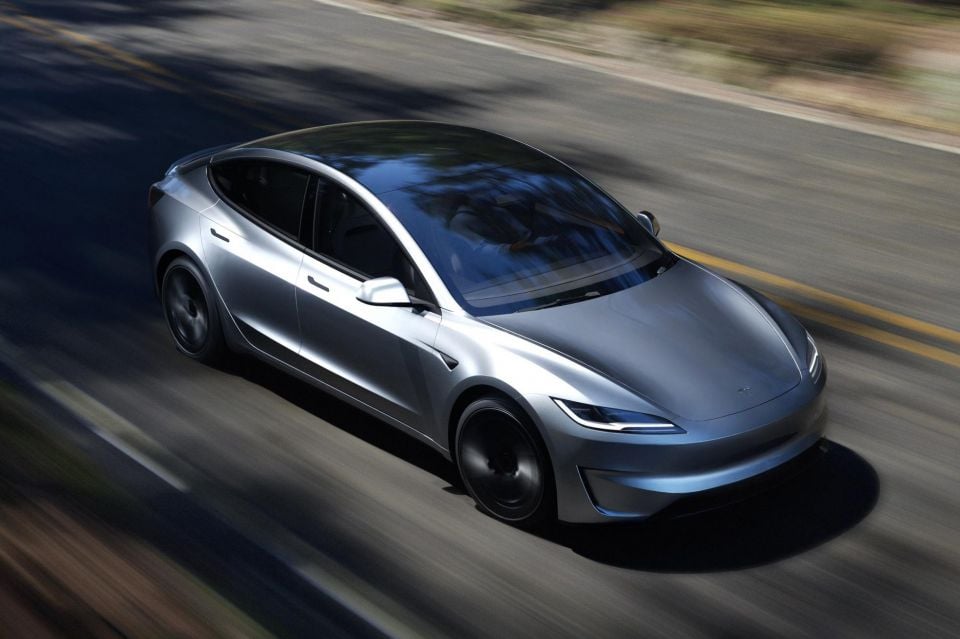
A road user charge for EV drivers has long been touted as a way for the government to recoup lost revenue from fuel excise, which is currently 50.6 cents per litre, as EV adoption increases.
With the CSIRO predicting 97 per cent of light passenger vehicles on Australian roads will be electric by 2050, the revenue generated by the fuel excise will continue to drop until then.
EV road user charges have already been introduced in Australia but only at state level, with Victoria being the first jurisdiction to enforce them, in July 2021.
At the time of introduction, Victoria EV drivers were charged 2.8 cents for every kilometre travelled. Plug-in hybrids (PHEVs) were also taxed, at 2.3 cents per kilometre, despite also being powered by petrol engines that are already impacted by fuel excise.
Motorists were required to provide photographic evidence of their odometer within 14 days of being contacted by VicRoads to determine the kilometres travelled at the start and end of each registration period – including travel undertaken outside of Victoria.
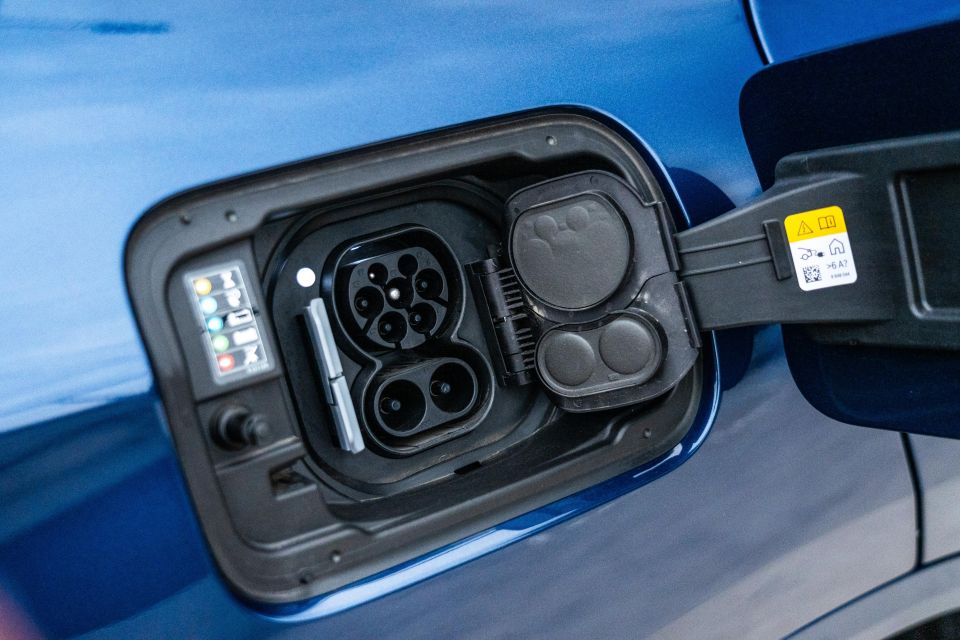
However, the road user charge was subsequently deemed as an excise by the High Court of Australia, making it invalid under the Constitution.
Victoria collected $3.9 million in EV and PHEV road user charges during the 2022/23 financial year, and overall it collected just under $10 million since implementing the charge in 2021.
The New South Wales and Western Australian state governments previously also pledged to roll out similar taxes around 2027, while South Australia promised to do the same but reversed course following a change in government.
Last month, the Australian Electric Vehicle Association (AEVA) called for any road user charges to be implemented without discrimination of fuel type, instead calling for a weight-based system.
“A universal, mass x distance road user charge should eventually replace fuel excise as the user-pays component of roads and their maintenance. This should also be extended to heavy vehicles, as trucks are responsible for the bulk of road damage”, said AEVA National President Dr Chris Jones.
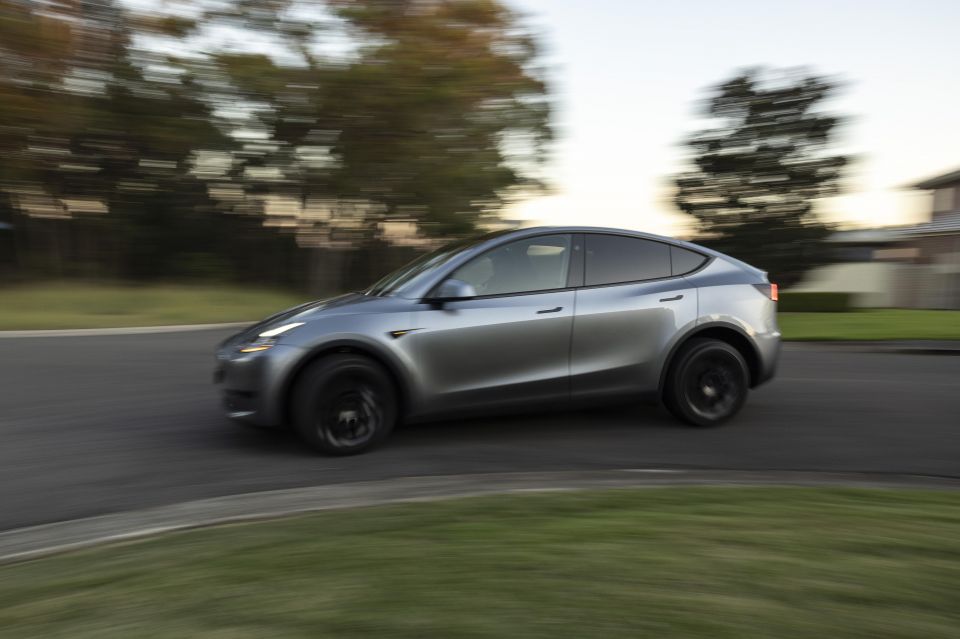
“Australia’s two most popular family vehicles [the Ford Ranger and Toyota HiLux] tip the scales at well over 2 tonnes, and neither of them are EVs.
“EV drivers recognise the need for road costing reforms. We just want to ensure that it’s fair, doesn’t discourage EV ownership, and sets the nation up for the future.”
Meanwhile, the Australian Automotive Dealer Association (AADA) has called on the federal government to introduce an “equitable national road user charging system” which “does not discourage the uptake of hybrids and EVs”.
“Improvements in vehicle technology and consumer desires to purchase more fuel efficient vehicles including hybrids and EVs, have seen fuel excise diminishing,” the AADA said in its pre-federal budget submission.
“The commencement of the NVES and projections that more than 30 per cent of new vehicle sales will be EVs by 2030 mean it is vital that the Government looks to establish an effective and equitable national road user charging system.
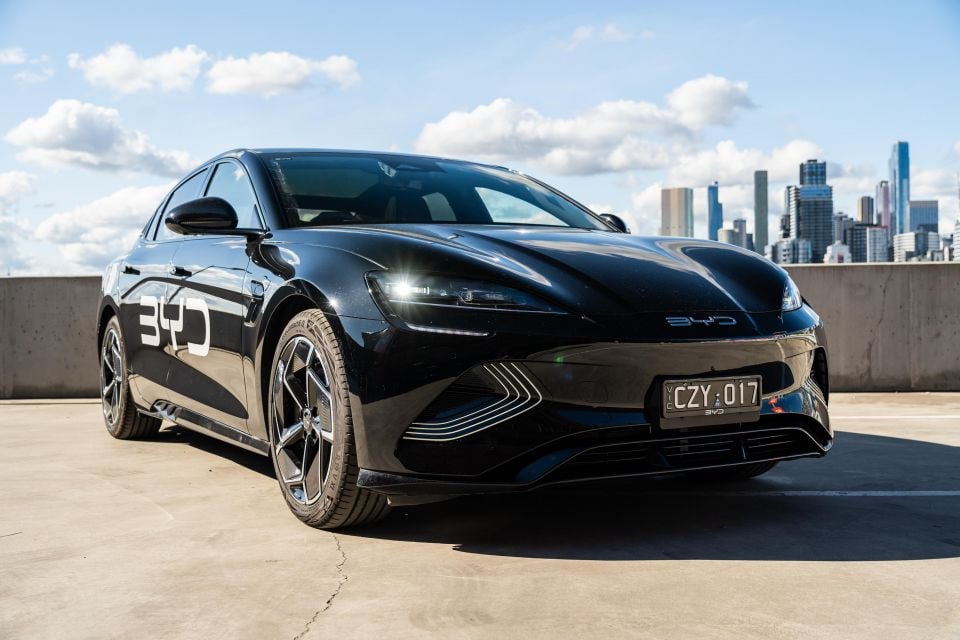
“In recent years states have sought to establish their own state-based road user charging systems, but following the invalidation of such state charging systems, the AADA would urge the Government to take a national approach to road charging to ensure national consistency.
“The AADA acknowledges the fine line to be tread when introducing road user charges on new technologies. It is important that the introduction of any new charging system is done in a way that does not discourage the uptake of hybrids and EVs resulting in outcomes that are counterproductive to the Government’s own climate goals.
“The AADA would urge that any new charging system which seeks to phase out fuel excise with the introduction of road user charging should be done in a technology-neutral manner across all vehicles regardless of powertrain choice.”
The 2025-2026 federal budget is set to be announced on March 25, 2025. A federal election is also expected to take place in April or May this year.
MORE: Australian Government will ‘probably’ tax electric cars soon MORE: High Court forces Victorian government to repeal electric car tax MORE: Ombudsman calls on Victoria to refund electric car road-user penalties
Born and raised in Canberra, Jordan has worked as a full-time automotive journalist since 2021, being one of the most-published automotive news writers in Australia before joining CarExpert in 2024.


Max Davies
5 Days Ago
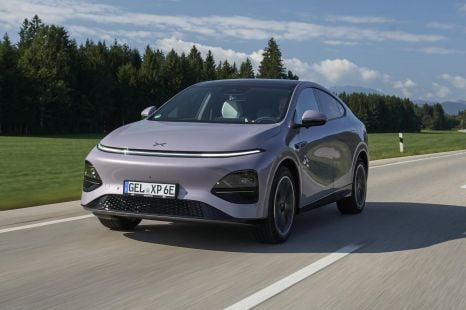

Neil Briscoe
4 Days Ago
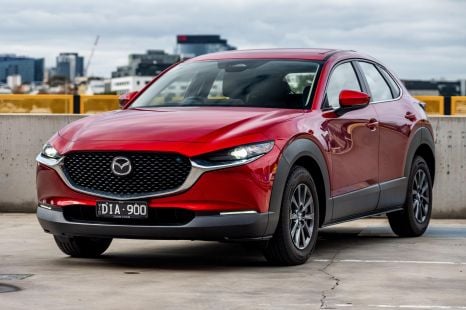

Max Davies
3 Days Ago
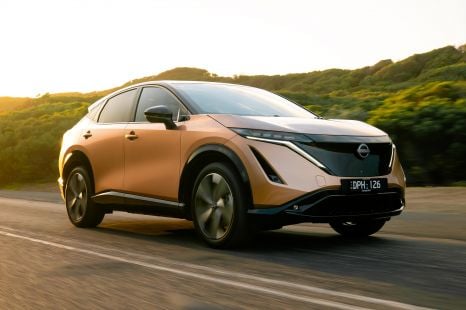

James Wong
1 Day Ago
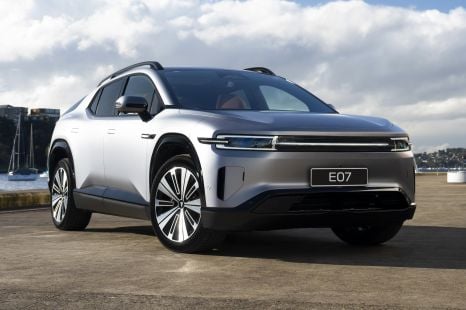

William Stopford
1 Day Ago
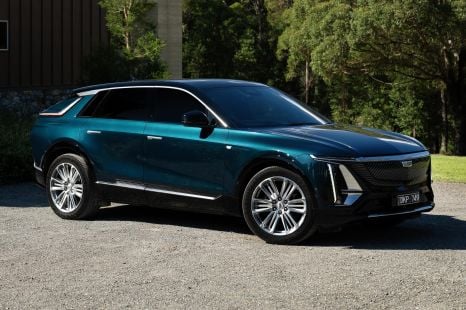

William Stopford
8 Hours Ago